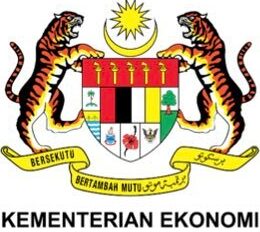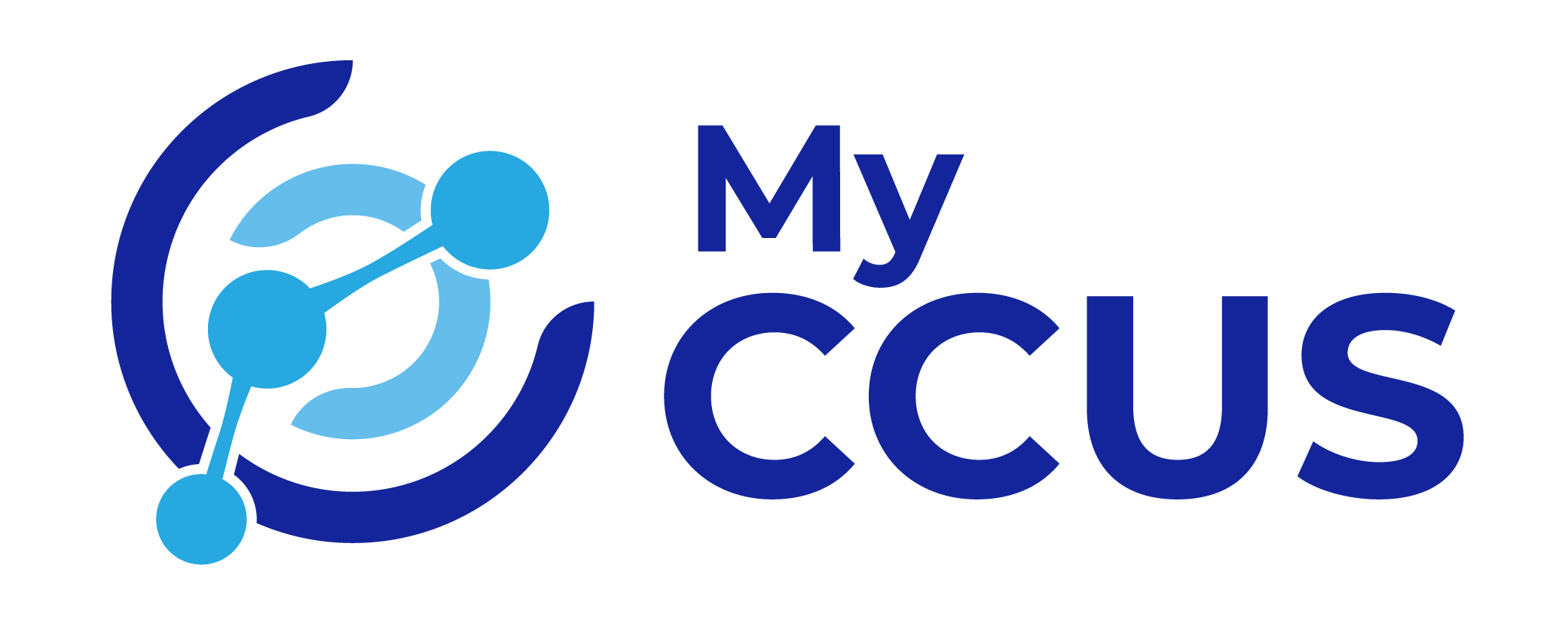mengenai
Kepentingan CCUS bagi Malaysia
Mitigasi Perubahan Iklim
Mencapai Sasaran Pengurangan Pelepasan
Malaysia menyasarkan untuk mengurangkan intensiti karbon (berbanding KDNK) sebanyak 45% menjelang 2030 berbanding tahap pada tahun 2005.
Memastikan Sekuriti Bekalan Tenaga
CCUS sebagai Sumber Pertumbuhan Baharu
CCUS sebagai Sumber Pertumbuhan Baharu
Melestarikan Usaha Penyahkarbonan
CCUS Memperkasa Rakyat
Pembangunan Ekonomi Mampan
CCUS membolehkan industri-industri berkembang di samping mengurangkan jejak karbon yang terhasil. Dengan memerangkap dan menyimpan pelepasan karbon dioksida (CO₂), Malaysia berupaya untuk terus membangunkan sektor tenaga dan perindustrian secara mampan. Pendekatan ini selaras dengan komitmen iklim global serta dapat mengekalkan momentum ekonomi.
Penciptaan dan Inovasi Pekerjaan Baharu
Industri Berdaya Saing
Menggalakkan Pelaburan dan Pembiayaan Hijau
Memanjangkan Jangka Hayat Sektor-Sektor Utama
Aliran Pendapatan Baharu yang Terhasil daripada Penggunaan Karbon
Meningkatkan Sekuriti Bekalan Tenaga
Mitigasi Kos Alam Sekitar dan Sosial
Stimulating Economic Growth
The development of CCUS projects could stimulate Malaysia’s economic growth through
New Industry Development
New Industry Development
Creating new industries in Malaysia, such as CO₂ transportation, storage management and utilisation technologies.
Investment Attraction
Investment Attraction
Attracting both domestic and foreign investments, bringing in capital and expertise.
Export Potential
Export Potential
Fuelling export activities when it comes to CCUS technologies, services and knowledge to other countries in the region.
Green Financing Opportunities
Green Financing Opportunities
Attracting green bonds and climate finance, helping Malaysia tap into the growing global market for sustainable investments.
Improved Economic Resilience
Improved Economic Resilience
Allowing Malaysia to better protect its existing industries from future carbon regulations and taxes.
Advancing with the Future
The development and implementation of CCUS in Malaysia could drive significant technological progress:
Innovation in capture technologies
Innovation in capture technologies
Encouraging the development of more efficient and cost-effective ways to capture carbon dioxide from various sources.
Advancements in Storage Techniques
Advancements in Storage Techniques
Bolstering improvements in geological assessment, monitoring and long-term storage of carbon dioxide, as well as new materials and methods for storage.
Progress in CO₂ utilisation
Progress in CO₂ utilisation
Providing research opportunities into new applications for captured carbon dioxide, such as in building materials, chemicals or fuels.
Improvements in Transportation Infrastructure
Improvements in Transportation Infrastructure
Fostering the development of efficient and safe CO₂ transportation networks, including pipelines and shipping methods.
Cross-Sector Technological Spillovers
Cross-Sector Technological Spillovers
Spurring advancements in innovations in various sectors, such as energy efficiency, materials science and process engineering.
Bolstering Malaysia’s Workforce
The implementation of CCUS technologies would create a range of new employment opportunities across various sectors:
High-Skilled
High-Skilled
Roles involving complex problem-solving, innovation and leadership.
(e.g. data scientists, project managers, geologists)
Medium-Skilled
Medium-Skilled
Roles involving specialised technical knowledge and practical skills.
(e.g. plant operators, maintenance technicians, laboratory technicians)
Technical and Vocational Education and Training (TVET)
Technical and Vocational Education and Training (TVET)
Enhancing education, training, and skills development for Malaysian workers.
(e.g. construction workers, machine operators, welders)
Training and Education
Training and Education
Nurturing capacity and knowledge in the CCUS sector through training and education, strengthening the workforce for the future.

